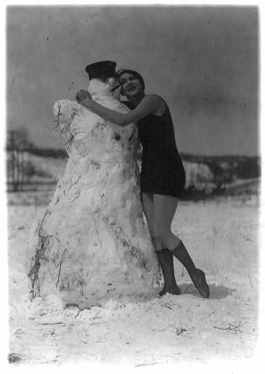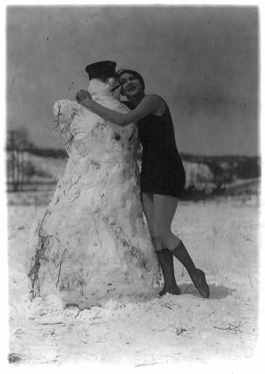Blogger: M. Ramirez
Journal/Magazine: Hobart (online)
http://www.hobartpulp.com/web_features/elliptical
Ross Mcmeekin’s flash fiction story “Elliptical” is an interesting read because it takes an ordinary setting of a gym and turns it into a nostalgic memories of childhood heroes. The Author in this flash fiction is exploring the individuals that exercise at the local gym he goes to. The story begins in a middle of an action, which is the elliptical. The elliptical serves as concrete setting while the experience takes place. The experience is that he learns about the regular old man that he has been exercising with for a while and finds out that he is a legend in wrestling.
The main image that grabs my attention was the mechanical braces that the old man exercising was wearing. These braces are used to help with the mobility of the elderly. This was an automatic clue that the writer gave in order to imply that the man was in fact older. Some other images that strike me the most was towards the end when the story began to slow down. One image that Mcmeekin threw in the story were the intricate details of the monitor that appears on every elliptical. Mcmeekin’s flash fiction begins with the attention of detail of the physical presence of the elliptical and then visits again with another detail description.
The writer’s diction contributes to the meaning of the story by keeping the dialogue very distant between the older aged man and himself. The main character shows to us his age when he describes the young people running up and down the basketball court while acknowledging how good of “shit” they still have. This reveals to us the way that he is beginning to pass his prime physical appearance. The writer probably wanted to invoke these feelings to focus on the difference between the ages of the people presented in the flash fiction. It also draws out the issue of the different stages of the human body deteriorating.
The writer for this specific flash fiction had little to no rhyme. The flash fiction does start off the with the action verb “Lugging”. Lugging sounds very similar to luggage, which entails that the old aged man, was struggling. Struggling and lugging do sound similar and can have meaning to the way in which he was portrayed.
This piece inspired me that people are far more important that the physical realities of the world. The gym is a common place where physical fitness is achieved for cosmetic purposes. “Elliptical” goes beyond the cosmetics of a gym and dives into the history of the people that go to gyms. I would like to think about this story in terms of that its a not necessarily about the gym but way more about the people


